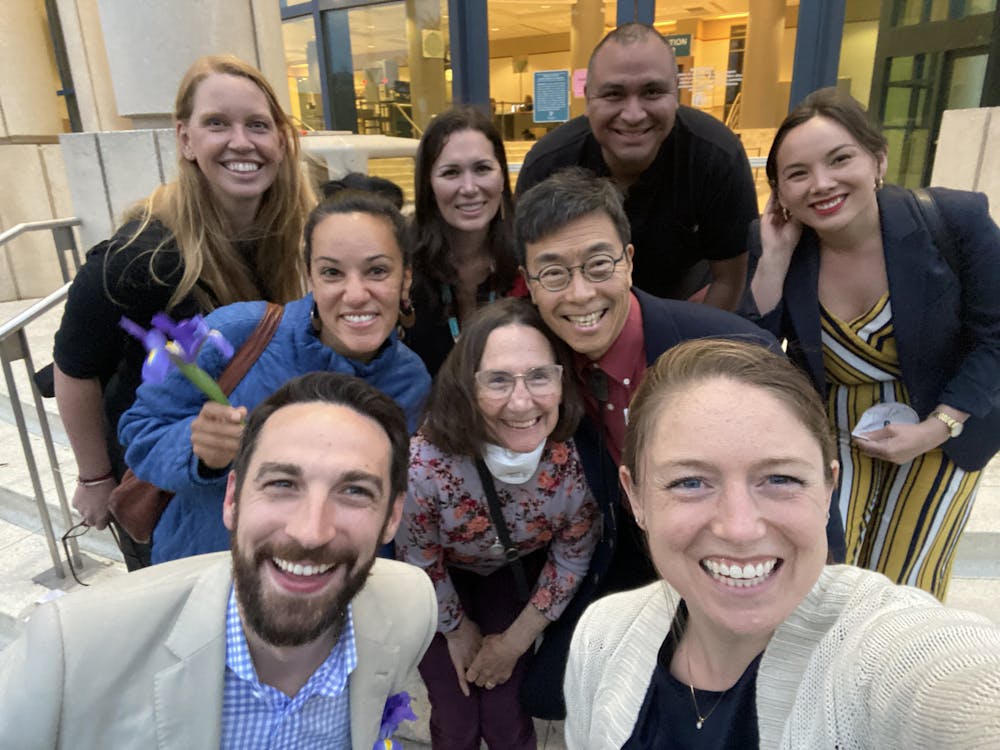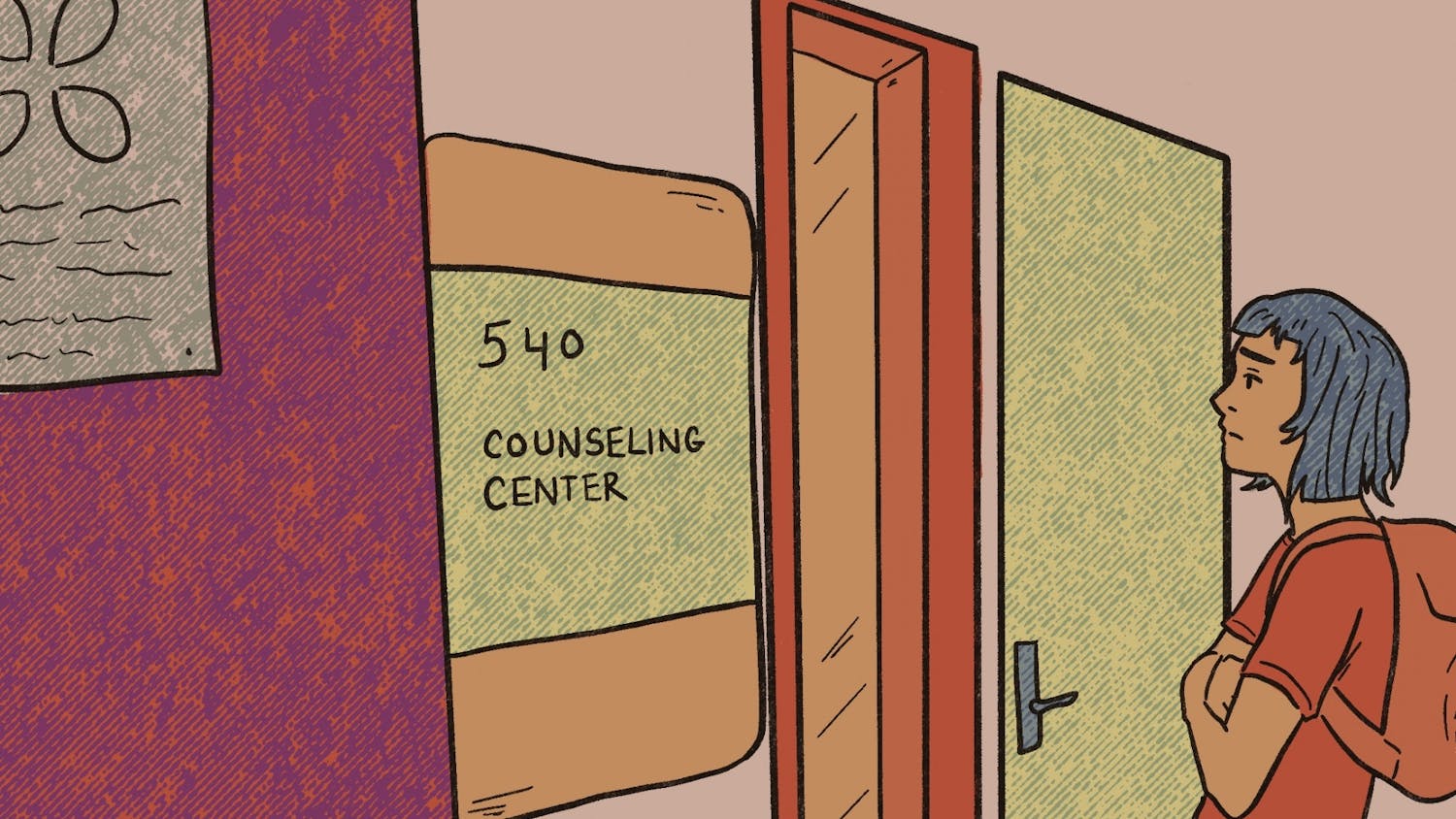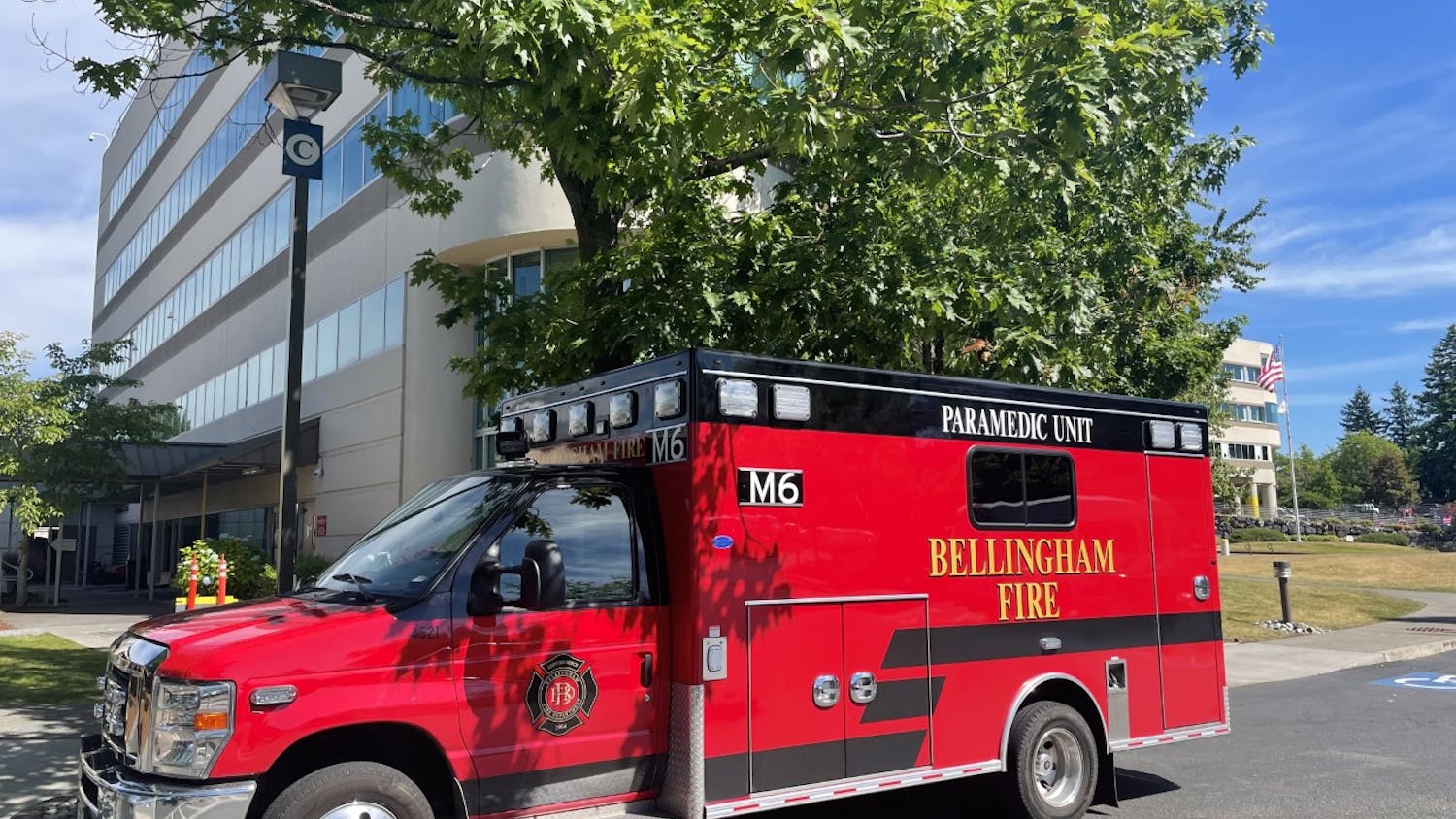Two Whatcom County initiatives on the upcoming midterm ballot propose a tax increase, or levy, on property value – Proposition 2022-5 to help fund child care and early-learning services and Proposition 2022-6 to help fund emergency medical services in Whatcom County.
Proposition 5, the child care initiative, was created to address funding for child care and early-learning in geographic areas with the highest need first, including families facing economic hardship and facilities that need to hire and retain workers. It would increase all property taxes at $0.19 per $1,000 assessed value for 10 years. For the average homeowner with a $500,000 house, the estimate is an additional $100 or less in annual taxes starting in 2023.
It’s fair to be skeptical about increasing taxes amid inflation when many are already struggling to get by. Under Proposition 5, everyone would have to pay more for housing, including renters. As the proposed arguments against these initiatives show, some believe money should stay in the hands of individuals rather than the government.
Whatcom County resident Helen Steele said although she is a mother and grandmother, she doesn’t support the child care initiative.
“Besides the fact that it will add to bureaucracy and raise taxes for the family, it will also allow the government to dictate what happens to our children during their time away from home,” Steele said. “Private daycare centers in this county have offered an excellent service to working parents. Let's keep it that way.”
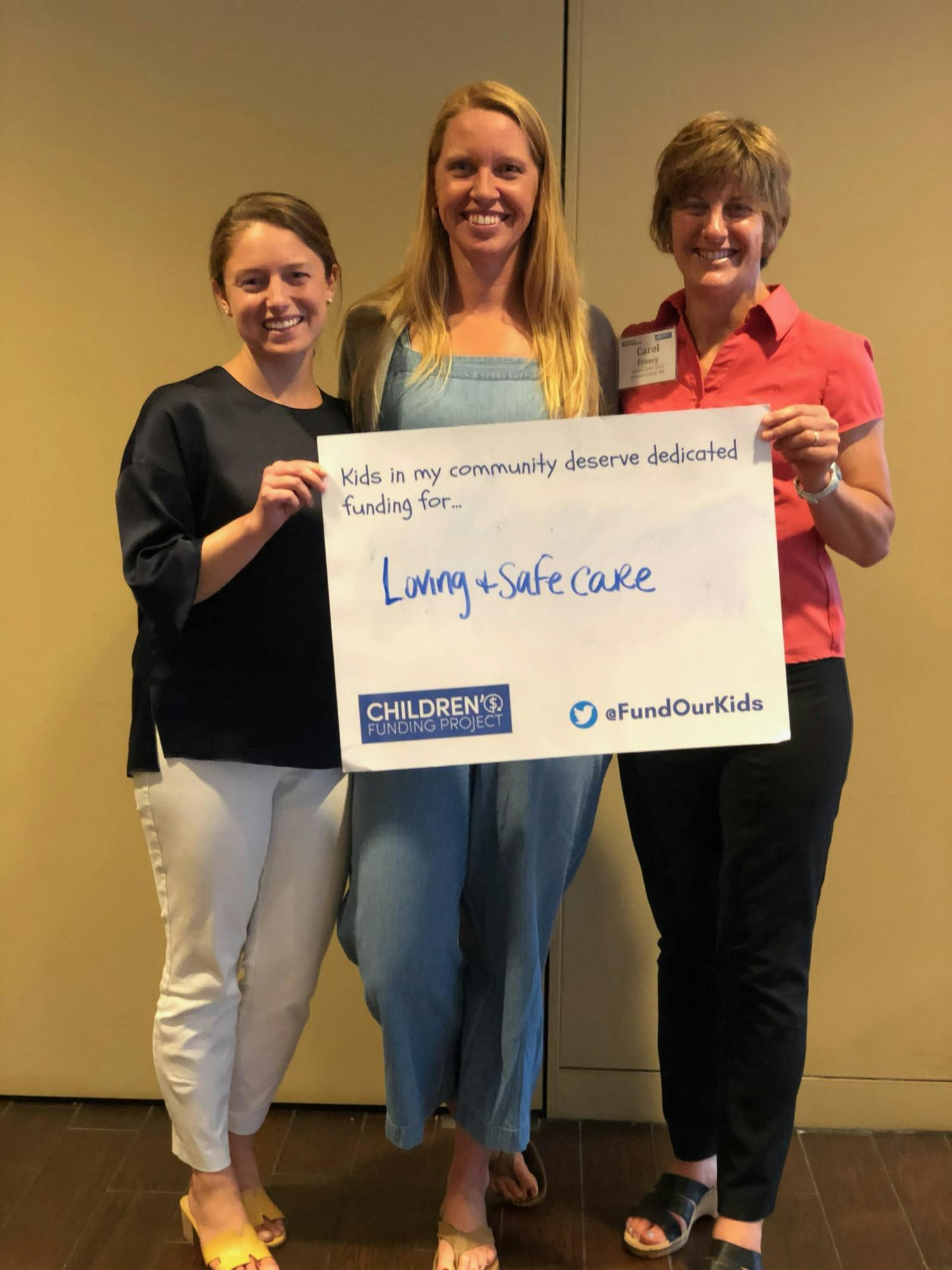
Yet one reason Whatcom County community members created the initiative is because the county is a child care desert; 55% of families lack child care, according to the Washington State Child Care Collaborative Taskforce. There are an estimated 5,000-6,000 fewer child care spots than needed, and multiple private or in-home daycares have closed their doors due to lack of funds and workers.
Over the past 10 years, the Chuckanut Health Foundation, an organization that raises and invests funds for local health, hosted community meetings about child care and early-learning needs that eventually led to penning the initiative.
“There are heartbreaking stories after stories from parents that are like, ‘I need child care Saturday or I will lose my job,’” Chuckanut Health Foundation Director Heather Flaherty said. “The market of child care is really broken.”
Having a child in child care can be as expensive as tuition at Western Washington University, Flaherty said. For child care providers, profit margins are low, and it’s difficult to pay workers a competitive, living wage – by average income, child care workers are ranked lower than pet groomers. In-home neighborhood providers in particular face regulations that can make it hard to stay afloat.
“It's not working for anybody,” Flaherty said. “I live in South Bellingham, for example, and I had a baby in March of 2020. I tried to get her into child care when she was around 10 months old, and I was on six waitlists.”
Some people such as Prop 5 Con Committee member John Marshall don’t like the idea of child care replacing parent-child bonding. Marshall said he sees the claim that child care will help children succeed as undermining “traditional ways of raising children that have worked for thousands of years.”
“The YES campaign claims that children in government-funded child care are more likely to succeed academically in school, find more productive jobs when they grow up and are less likely to be involved in crime,” Marshall said. “This suggests traditional ways of child care including parents, extended family and in-home daycare have failed.”
In some ways, they have. The reality is that many parents cannot afford to stay home with their children even if they wanted to, and not all children have the same opportunities to be cared for and taught in the home like Marshall suggests.
Statistics reveal that less than half of kids in Whatcom County are ready to learn by kindergarten, according to the Chuckanut Foundation’s fiscal map, which outlines Whatcom County’s financial investments in child care and early-learning. The map reveals that children of low-income households and children of color are least-likely to be ready to learn by kindergarten.
Flaherty said this has long-term community impacts: low learning and graduation rates lead to high incarceration rates and houselessness. Half of Whatcom County funds go to criminal justice, she said, while less than 2% goes to family care services. If taxpayers don’t spend preventatively through child care and early-learning, they could be paying for it later in public safety and criminal justice spending.
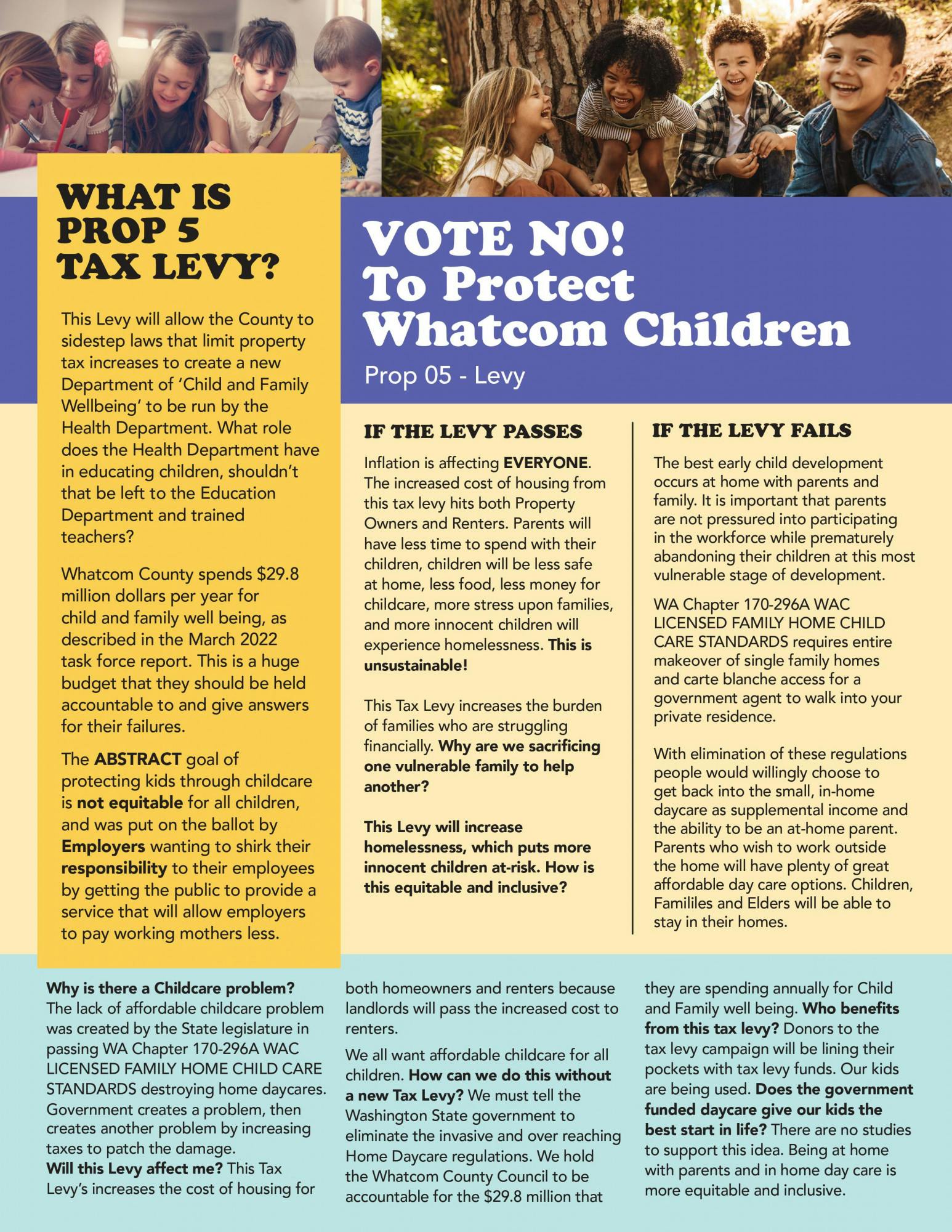
Another concern surrounding the child care initiative is where the money would go. The Prop 5 Con Committee pamphlet suggests that “donors to the tax levy campaign will be lining their pockets with tax levy funds.”
As described in a Whatcom County Council approved ordinance, money would be held in the locally-controlled Healthy Children’s Fund, which would be subject to an independent performance audit biannually. Federal and state-level resources come with restrictions, and this fund would be better targeted to local needs. For example, state grants could be awarded to build a new childcare facility, and the local fund would assure a paid workforce to staff the facility.
The bi-annual audits would have specific standards and goals to measure – where dollars are going, what changes, if any, in kindergarten readiness, if child care slots are growing, etc.
“We'll know as voters and as taxpayers whether this is working or not, and be able to adjust in real time,” Flaherty said.
Flaherty, Steele and Marshall encourage voters to read the initiative and deeply consider the impacts.
“A 4-year-old is not able to advocate for themselves,” Flaherty said. “What kind of world do you want to build and live in? Is it one where we're taking care of each other?”
Remember that voter resources are just a click away, and once you attain and fill out your ballot, drop it off by 8 p.m. on Nov. 8.
Sydney Jackson (she/her) (sydneyjackson.thefront@gmail.com) is a news reporter for The Front and WWU journalism major with a political science focus. Her research and reporting interests include politics, health sciences, social issues and the arts. She enjoys fashion, music, film, reading and creative writing.


